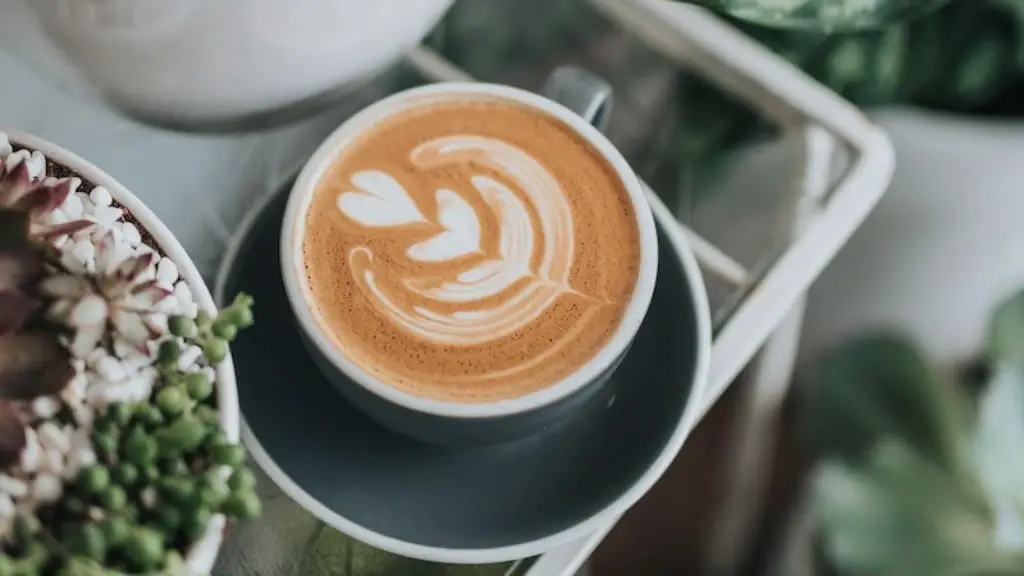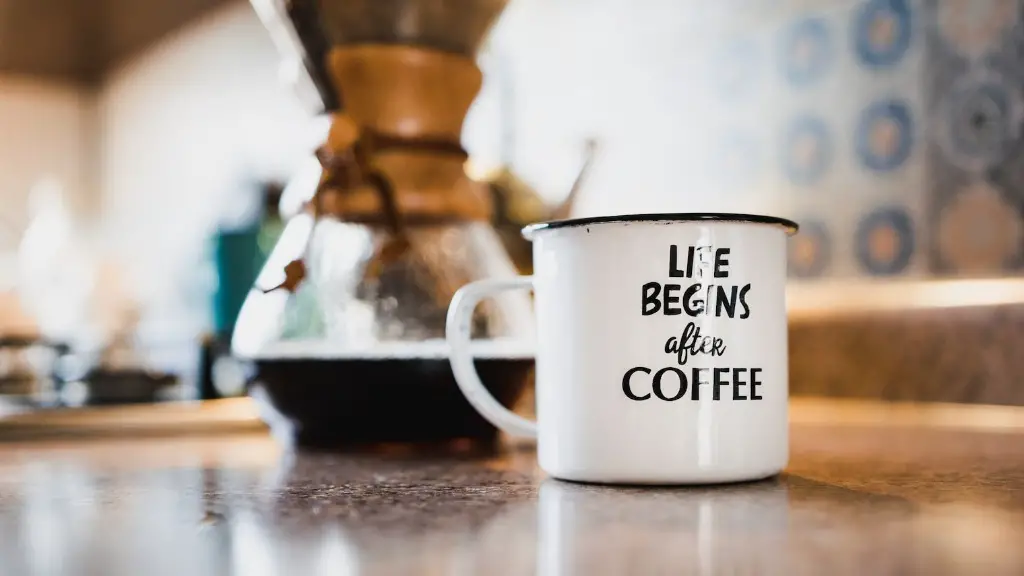Coffee and intermittent fasting have become popular dietary choices amongst individuals hoping to improve their diet or simply lead a healthier lifestyle. The pair can seem like a match made in heaven but there are some considerations to make before combining the two approaches. Let’s explore the evidence surrounding whether drinking coffee during fasting is a good idea.
Intermittent fasting is an umbrella term for various diets that involve cycling between periods of abstaining from eating and then ‘feasting’ on calorie- and nutrient-dense foods. Depending on the type of intermittent fasting plan you are following, your calorie-restricted feeding window can range from a few hours up to a full 24-hour cycle.
Coffee, on the other hand, can be consumed at any time of the day and is rich in both antioxidants and caffeine. Many studies have demonstrated the potential health benefits of drinking coffee, such as increasing focus, reducing the risk of age-related diseases and even lowering stress levels. However, it is important to note that coffee can contain high amounts of caffeine and other stimulants which can have a negative effect on the body when consumed in excessive amounts.
The main concern when drinking coffee during intermittent fasting is whether the liquid will interfere with the body’s fasted state. Generally, it is accepted that black coffee does not contain calories – so theoretically, drinking it will not break your fast. However, it is important to keep in mind that although no calories or other substances are contained in the beverage, it may still cause a slight physiological response. This response could potentially interfere with the body’s ability to enter into a deeper fasted state, which is beneficial for improving insulin sensitivity and cellular clean up.
So, to answer the question of whether or not you can drink coffee while intermittent fasting, the answer is yes – but with caution. If you must drink caffeine during a fasting period, it is best to stick to black or green tea as these contain very few calories and fewer stimulants. Furthermore, it is advisable to limit your caffeine intake to no more than three cups of coffee or four cups of tea per day.
What are the Benefits of Drinking Coffee During Intermittent Fasting?
Despite the risks associated with drinking coffee during intermittent fasting, there are still some benefits to be gained. For instance, research suggests that drinking coffee may help to reduce hunger signs and improve metabolic performance during a fasted state. Furthermore, it has been shown to result in a reduction in fasting blood sugar levels and an increase in the burning of body fat.
In addition, drinking coffee during a fasted state can have a positive impact on cognitive performance and focus. This is because caffeine has been shown to boost alertness levels, allowing individuals to focus better on tasks or other obligations. Additionally, coffee consumption has also been linked to improved physical performance, particularly when combined with intermittent fasting.
Are There Any Risks to Drink Coffee During Intermittent Fasting?
Although the benefits of drinking coffee are hard to deny, there are still some potential risks associated with the practice. One of the most commonly reported side effects of drinking coffee while intermittent fasting is an increased risk of dehydration. This is because caffeine is a diuretic, which means it will make your body excrete more fluids than usual.
In addition to this, drinking too much caffeine can also lead to an increase in anxious or jittery feelings. This is because caffeine is a stimulant, and drinking too much can put your cortisol levels in an undesirable state. Furthermore, drinking coffee while fasting can also make it hard to get a good night’s sleep, as caffeine can still be in your system when you try to settle down for the night.
Best Practices for Drinking Coffee While on Intermittent Fasting
If you decide to drink coffee during intermittent fasting, it is important to follow some basic best practices. Firstly, it is important to keep in mind that drinking coffee before or during your fasted window is not recommended. This is because caffeine can cause a physiological response in the body, which will break your fast.
Secondly, it is also important to bear in mind that intermittent fasting and coffee may not be suitable for everyone. If you have any underlying health conditions or take medication, it is important to consult a healthcare professional before combining the two. Additionally, if you are pregnant or breastfeeding, it is best to avoid caffeine altogether.
Alternatives to Drinking Coffee During Intermittent Fasting
If you decide that drinking coffee while intermittent fasting is not the right choice for you, there are a number of alternatives that may help. For instance, many individuals find that having a cup of herbal or decaffeinated tea can help to reduce hunger and cravings without having any negative effects on their fasted state. Additionally, drinking plenty of water is essential for anybody undertaking intermittent fasting – so make sure to stay hydrated.
Alternatively, taking regular low-intensity exercise such as walking, yoga or light stretching can also help to stave off hunger and improve metabolic performance. It is important to note, however, that high-intensity activities such as running or weightlifting should be avoided, as this can cause an increase in cortisol and interfere with the body’s ability to maintain a fasted state.
Bottom Line
Drinking coffee while intermittent fasting can have potential benefits, but it is important to follow some basic best practices. Firstly, it is important to note that if you do choose to have coffee during your fasted window, it should be black or green tea rather than regular coffee. Secondly, it is important to be mindful of the potential risks associated with drinking too much caffeine, such as dehydration and increased anxiousness. Lastly, it is also important to bear in mind that if you have any underlying health conditions, it is best to speak to a healthcare professional before combining the two.



